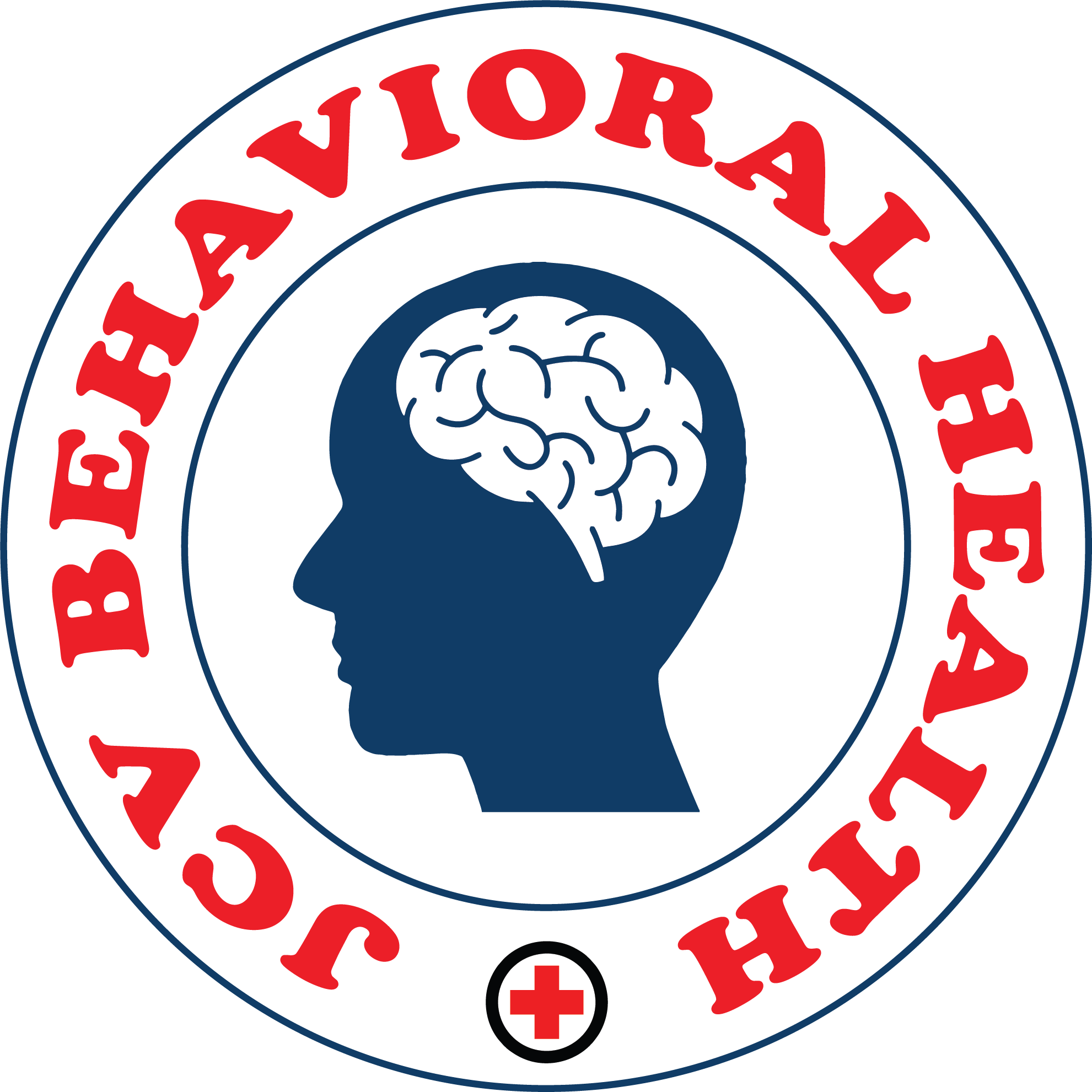Do you hear a ringing or buzzing sound in your ears that won’t go away? This is tinnitus. Now, think about another issue during sleep. Your breathing stops and starts repeatedly. This is known as sleep apnea. Is there a link between these two conditions? “Can tinnitus cause sleep apnea?” Let’s explore this together and learn how to manage both!
JCV Behavioral Health provides expert help for tinnitus and sleep apnea. You can improve your sleep and well-being with our caring support. Contact us today!
What Is Tinnitus?
Tinnitus refers to the sensation of sound in your ears. It occurs with no external sound present. It can ring, buzz, whoosh, or even roar. Some people notice “tinnitus only when lying down.” It can make falling asleep really hard.
Tinnitus can happen because of many reasons like:
- Hearing loss
- Ear infections
- Stress or anxiety
- Problems with blood flow near the ear
It isn’t a disease itself, but it can make life tough if it’s not managed well.
What Is Sleep Apnea?
Sleep apnea quietly steals your peaceful sleep. It makes you stop breathing for short moments. It comes in two distinct forms:
- Obstructive Sleep Apnea (OSA): It occurs when relaxed throat muscles block the airway.
- Central Sleep Apnea: Your brain tricks you. It fails to send the right signals to keep your breathing steady.
Daytime drowsiness comes from restless nights. Waking up feels like surfacing from a fog. Headaches and ear ringing are common symptoms.
Can Tinnitus Cause Sleep Apnea?
No, doctors haven’t proven a link. But there are some interesting links between “tinnitus and sleep apnea.”
1. Stress and Sleep
Tinnitus disrupts sleep, causing stress that makes breathing harder at night. It may worsen or trigger sleep apnea.
2. Circulation Problems
Tinnitus is linked to blood flow issues. When circulation is poor, it can affect the airway and breathing, making sleep apnea worse.
3. Shared Risk Factors
Both conditions share some common risks, such as:
- Obesity: Carrying extra weight can trigger sleep apnea and tinnitus.
- Age: As years advance, older adults often encounter these issues.
- High Blood Pressure: Poor blood flow amplifies tinnitus and sleep apnea woes.
How Does Tinnitus Affect Sleep?
If you’ve had tinnitus, you know how annoying it can be at night. The quiet makes the ringing stand out more. Many people ask, “How do you sleep with tinnitus?” when it feels so loud. Tinnitus might:
- Stop you from falling asleep.
- Disrupts your sleep, causing frequent awakenings.
- It leaves you feeling tired in the morning.
Tinnitus and sleep apnea together make it harder to sleep well.
Tips for Sleeping With Tinnitus
Resting can be challenging. But, there are ways to handle sleeping with tinnitus.
- Play White Noise
Use a fan or a white noise machine to cover the ringing sounds.
- Try Relaxation Exercises
Find peace through meditation or slow, soothing breaths. They calm the body and mind.
- Stay Away from Caffeine and Alcohol
These can make tinnitus worse before bed.
- Use Comfortable Pillows
This helps you get into a position that encourages better sleep.
These minor adjustments can cause substantial transformations in the way you sleep!
How Are Tinnitus and Sleep Apnea Treated?
When tinnitus and sleep apnea team up, tackling both is crucial. Here are some effective treatments to consider:
Tinnitus Treatments:
- Hearing Aids: These devices raise outside sounds, quieting that annoying ringing.
- Sound Therapy: Let gentle melodies cradle your ears, like a calming melody.
- Counseling or Therapy: A skilled professional can lift the mental fog.
Sleep Apnea Treatments:
- CPAP Machine: This small device runs all night. It keeps your airway open, ensuring sweet dreams and a peaceful sleep.
- Healthy Eating and Exercise: Lose weight for better sleep.
- Sleep Position Changes: Try sleeping on your side. It helps clear your airway.
Addressing these dual challenges can leave you waking refreshed instead of with a headache and ringing ears.
Can Treating One Help the Other?
If you’re battling sleep apnea, tackling it may bring tinnitus relief! A CPAP machine could be your sidekick, enhancing oxygen flow to your brain and ears. With better circulation, many find tinnitus softer—like a whisper in the wind.
Is Tinnitus a Disability?
Is tinnitus a disability? It can be one if it disrupts your work or daily activities. If the relentless ringing drowns out concentration or sabotages sleep, you may find support is within reach. Consult a doctor or healthcare professional to explore your options when tinnitus impacts your life.
Steps to Improve Your Sleep Health
Fix tinnitus and sleep apnea to sleep better. Here are some restful tips to reclaim your nights:
- Establish a calming bedtime routine.
- Power down screens an hour before lights out.
- Say no to smoking; it can exacerbate both foes.
- Consult a sleep specialist for customized advice and care.
Final Thoughts
Can tinnitus cause sleep apnea? It’s unlikely that tinnitus directly leads to sleep apnea. However, these two conditions are often linked, making them harder to manage. If you get tinnitus only when lying down, or have trouble breathing at night, seek medical help.
Treating tinnitus and sleep apnea together can enhance your sleep. This approach may also increase your daytime energy. Consult a doctor if you have ringing in your ears, sleep issues, or frequent awakenings. Help is available. With proper care, you can lead a healthier, more comfortable life.
FAQs
Q. How can you rest with tinnitus?
Sleep better with tinnitus by trying these tips:
- Use white noise machines.
- Practice relaxation techniques.
- Create a comfortable sleep environment.
Q. Is tinnitus a disability?
Tinnitus can be considered a disability. It must greatly impact your daily life, such as work, sleep, or focus.







